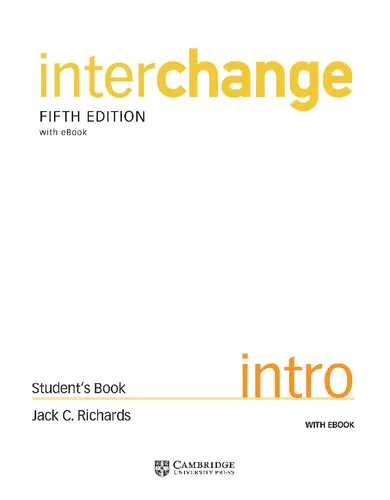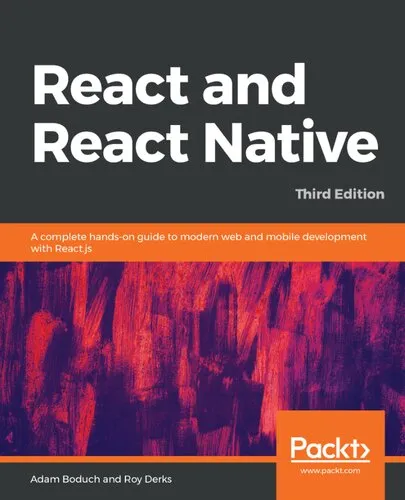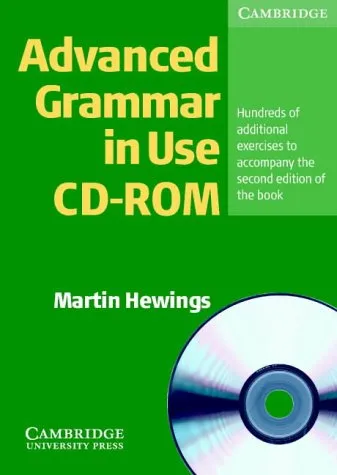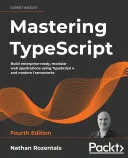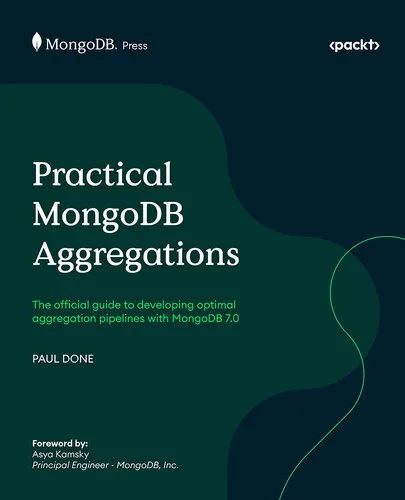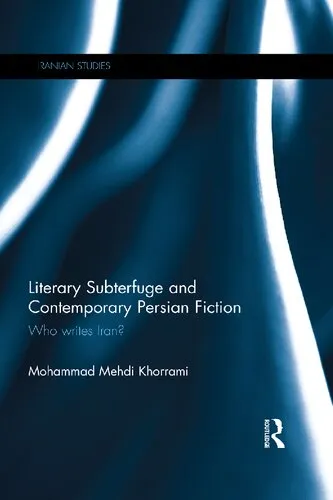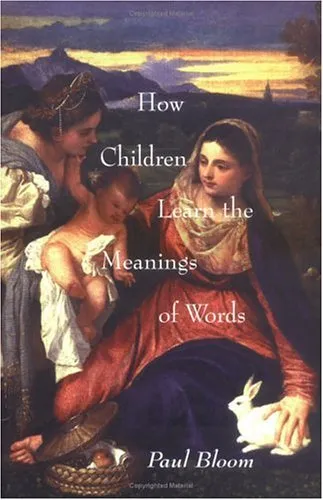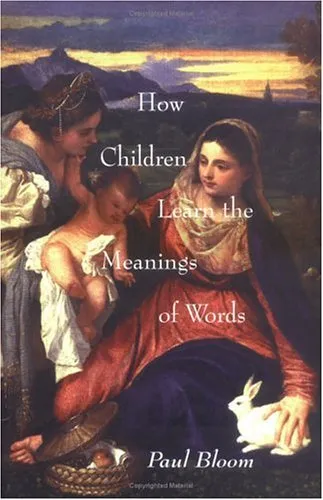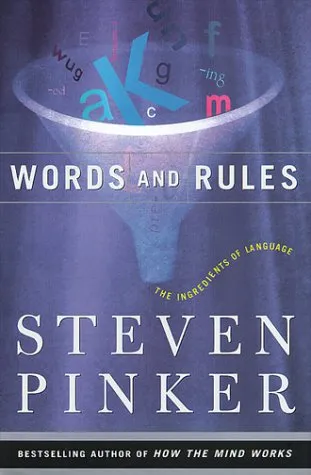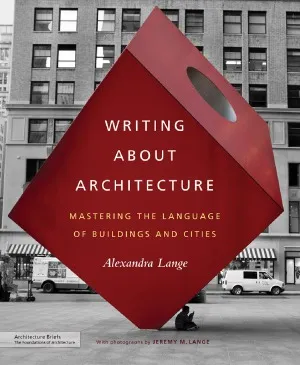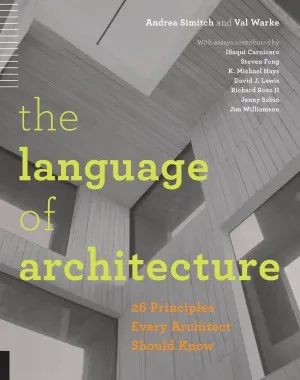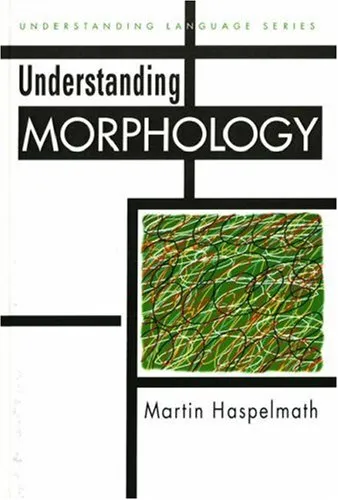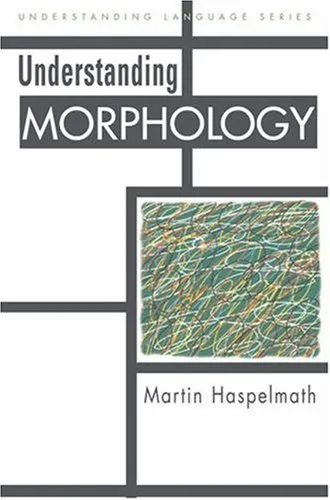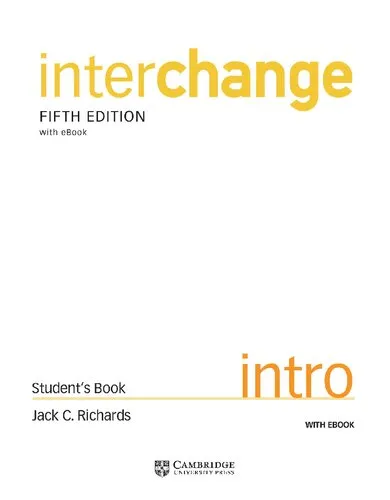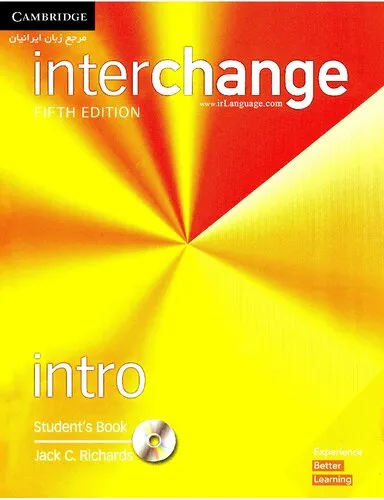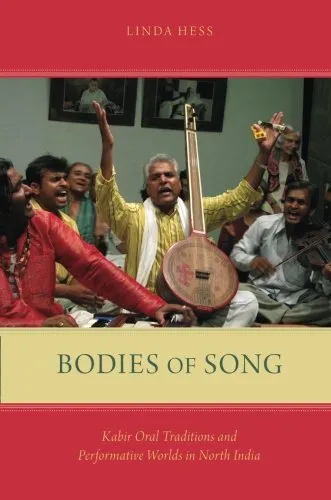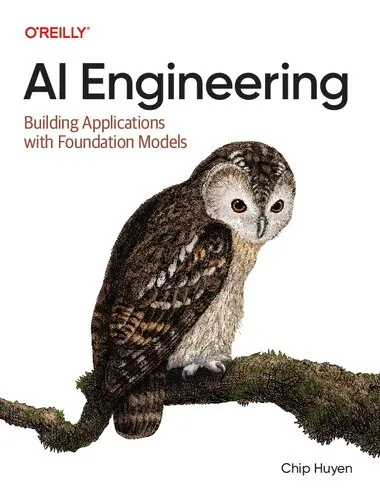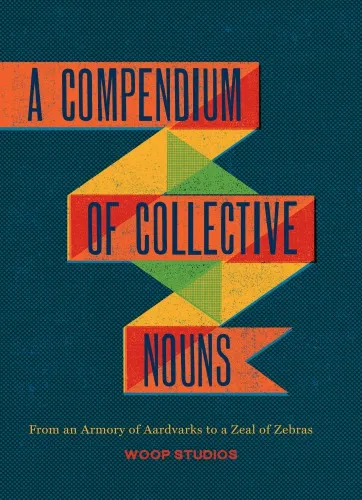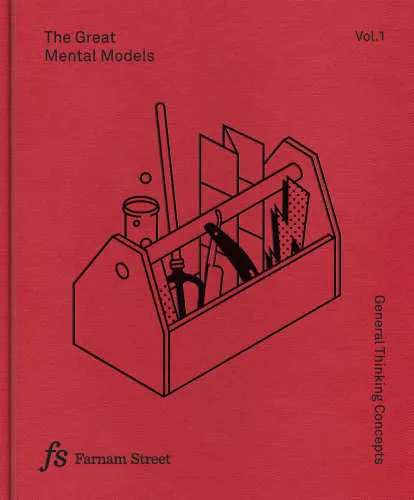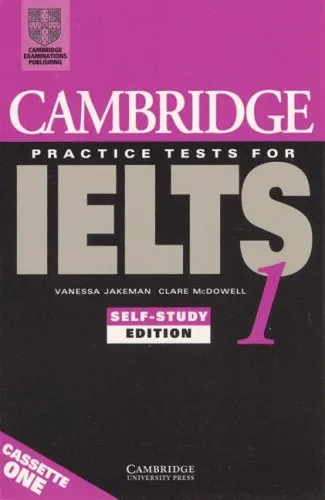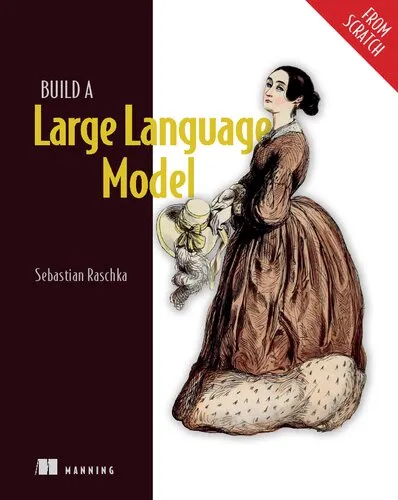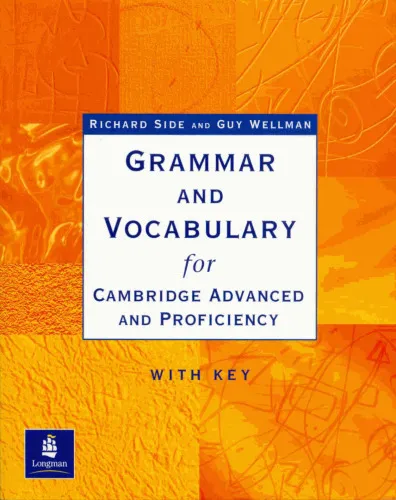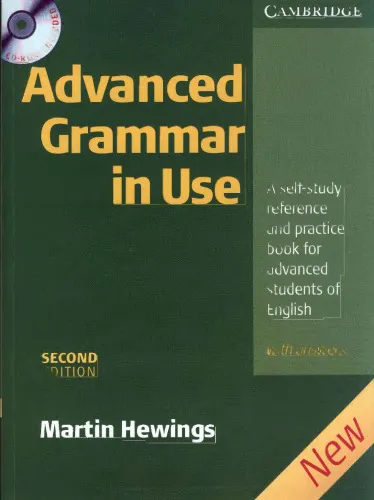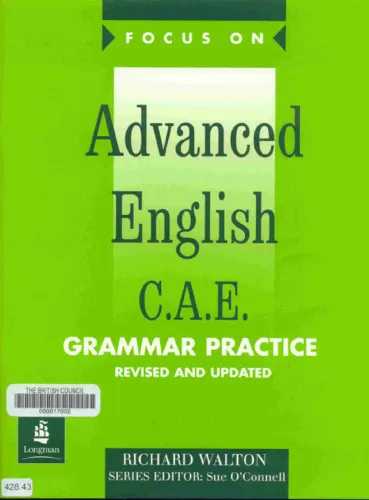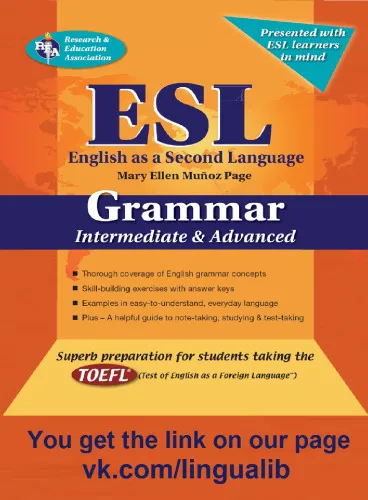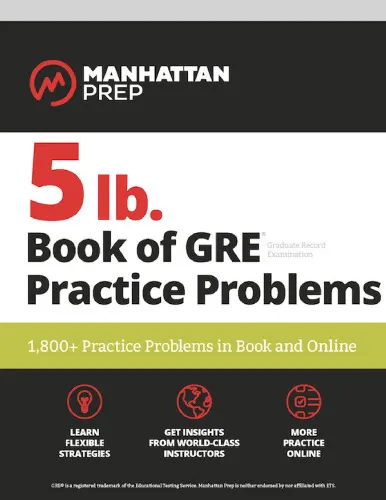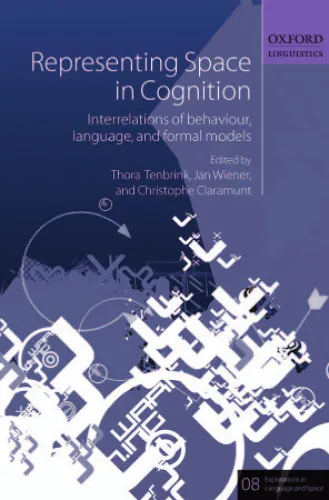The Review of English Studies
4.9
Reviews from our users

You Can Ask your questions from this book's AI after Login
Each download or ask from book AI costs 2 points. To earn more free points, please visit the Points Guide Page and complete some valuable actions.Related Refrences:
Analytical Summary
The Review of English Studiespp.213—214 represents an incisive exploration into the rich, multi-layered tapestry of English literary scholarship. Authored with precision and scholarly depth by Jane Millgate, this segment offers an authoritative voice within the academic discourse, bridging historical perspectives with contemporary critical frameworks. As part of the larger corpus of *The Review of English Studies*—a respected academic journal dedicated to the rigorous analysis of English literature—pages 213 to 214 serve not only as a contribution to literary criticism but also as a testament to the enduring relevance of careful textual study.
The content engages the serious reader by dissecting specific literary works, authors, or themes with a methodical approach that underscores the intricate relationship between text, context, and interpretation. While the exact publication year is noted as “Information unavailable” due to no reliable public source, the section maintains timeless scholarly value irrespective of the date. The analytical prose contained here stands as an invitation for academics, graduate students, and intellectuals to delve deeper into critical evaluation, high-level literary theory, and precise historical contextualization.
From examining nuanced narrative structures to unpacking stylistic choices and intertextual references, The Review of English Studiespp.213—214 showcases what makes English literary criticism a field of perpetual discovery. Each paragraph is charged with the dual purpose of documenting existing interpretations and encouraging fresh scholarly perspectives.
Key Takeaways
Across its two concise yet potent pages, this work imparts valuable lessons about reading, interpreting, and situating English texts within their rightful scholarly domain. It demonstrates that brevity in presentation does not impede intellectual depth.
First, rigorous attention to detail is paramount; every phrase and interpretive choice carries significance. Second, literary criticism operates best when it balances textual fidelity with broader cultural insight. Third, even short-form critical writing can catalyze significant thought and debate within the academic community. Fourth, scholars must acknowledge gaps in historical or bibliographic data rather than speculate without evidence. Fifth, the act of reading critically transforms the text from a static artifact into a dynamic participant in ongoing scholarly conversations.
Memorable Quotes
While brief, the work carries statements that resonate with readers committed to literary inquiry.
“A text is never alone; it is always in conversation with those that came before and those yet to come.”Unknown
“Scholarship thrives where curiosity meets disciplined methodology.”Unknown
“The brevity of analysis does not diminish its potential significance.”Unknown
Why This Book Matters
The Review of English Studiespp.213—214 occupies a distinctive niche in the landscape of English literary scholarship, precisely because it epitomizes targeted critical inquiry.
For students of literature, it offers a model of concise yet thorough analysis, demonstrating that clarity of thought need not be accompanied by excessive word count. For academics, it reminds us of the importance of small-scale contributions—they accumulate to form a robust intellectual heritage. For professionals beyond academia, such as editors, translators, and cultural historians, it offers a glimpse into methodologies that sustain scholarly credibility and rigor.
Inspiring Conclusion
In synthesizing the insights of The Review of English Studiespp.213—214, readers encounter an enduring embodiment of scholarly dedication and interpretive skill.
Whether you are a researcher, a student of English literature, or a professional in the humanities, this section of the journal reminds us that intellectual depth can reside in deceptively small spaces. By appreciating such works, engaging in discussion, and sharing interpretations within your community, you participate in the same continuous exchange that fuels literary scholarship. The Review of English Studiespp.213—214 is not just to be read—it is to be considered, debated, and celebrated. Your next step is clear: immerse yourself, reflect upon the arguments, and invite others to share in the conversation.
Free Direct Download
You Can Download this book after Login
Accessing books through legal platforms and public libraries not only supports the rights of authors and publishers but also contributes to the sustainability of reading culture. Before downloading, please take a moment to consider these options.
Find this book on other platforms:
WorldCat helps you find books in libraries worldwide.
See ratings, reviews, and discussions on Goodreads.
Find and buy rare or used books on AbeBooks.
1506
بازدید4.9
امتیاز0
نظر98%
رضایتReviews:
4.9
Based on 0 users review
Questions & Answers
Ask questions about this book or help others by answering
No questions yet. Be the first to ask!
